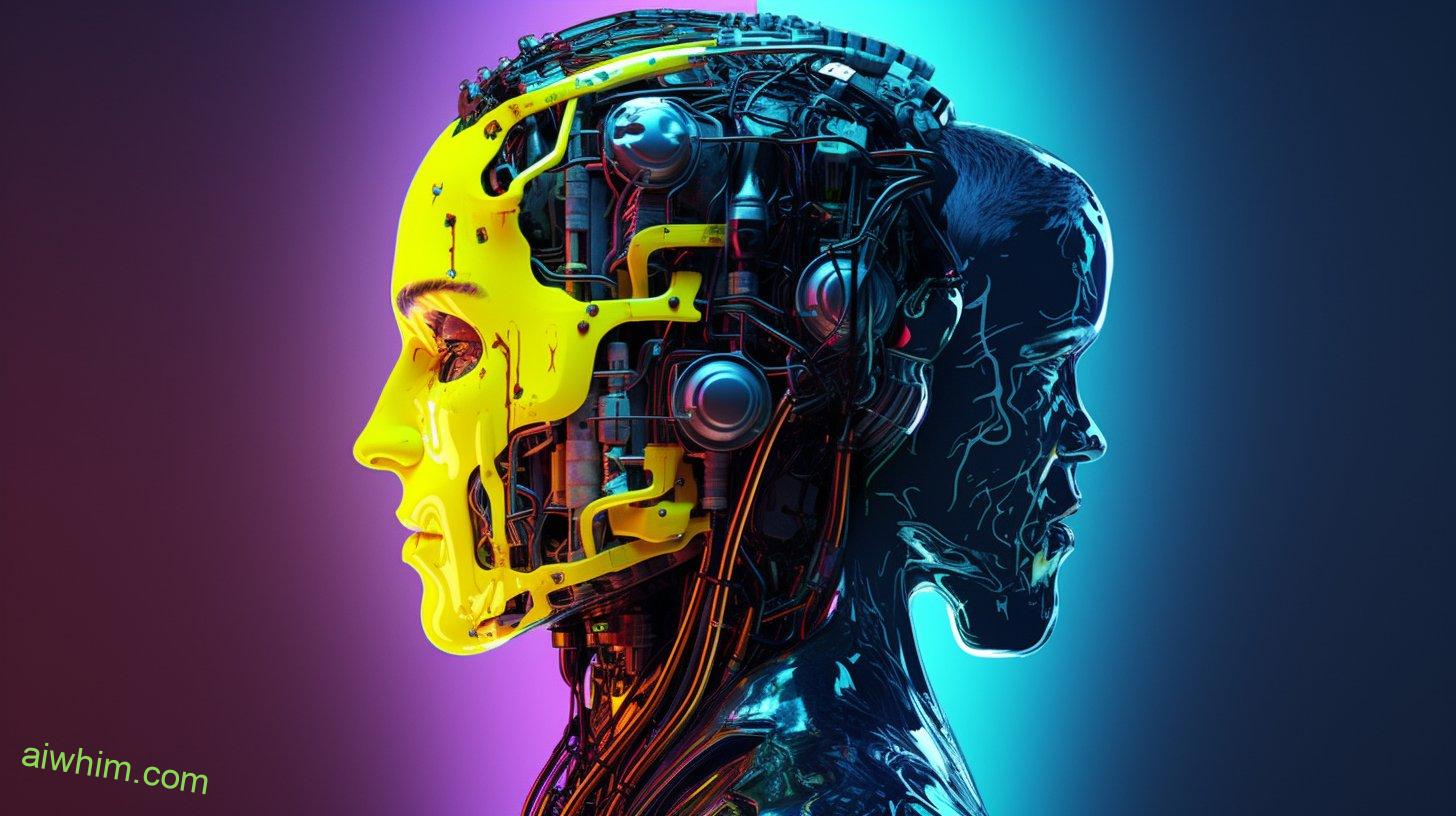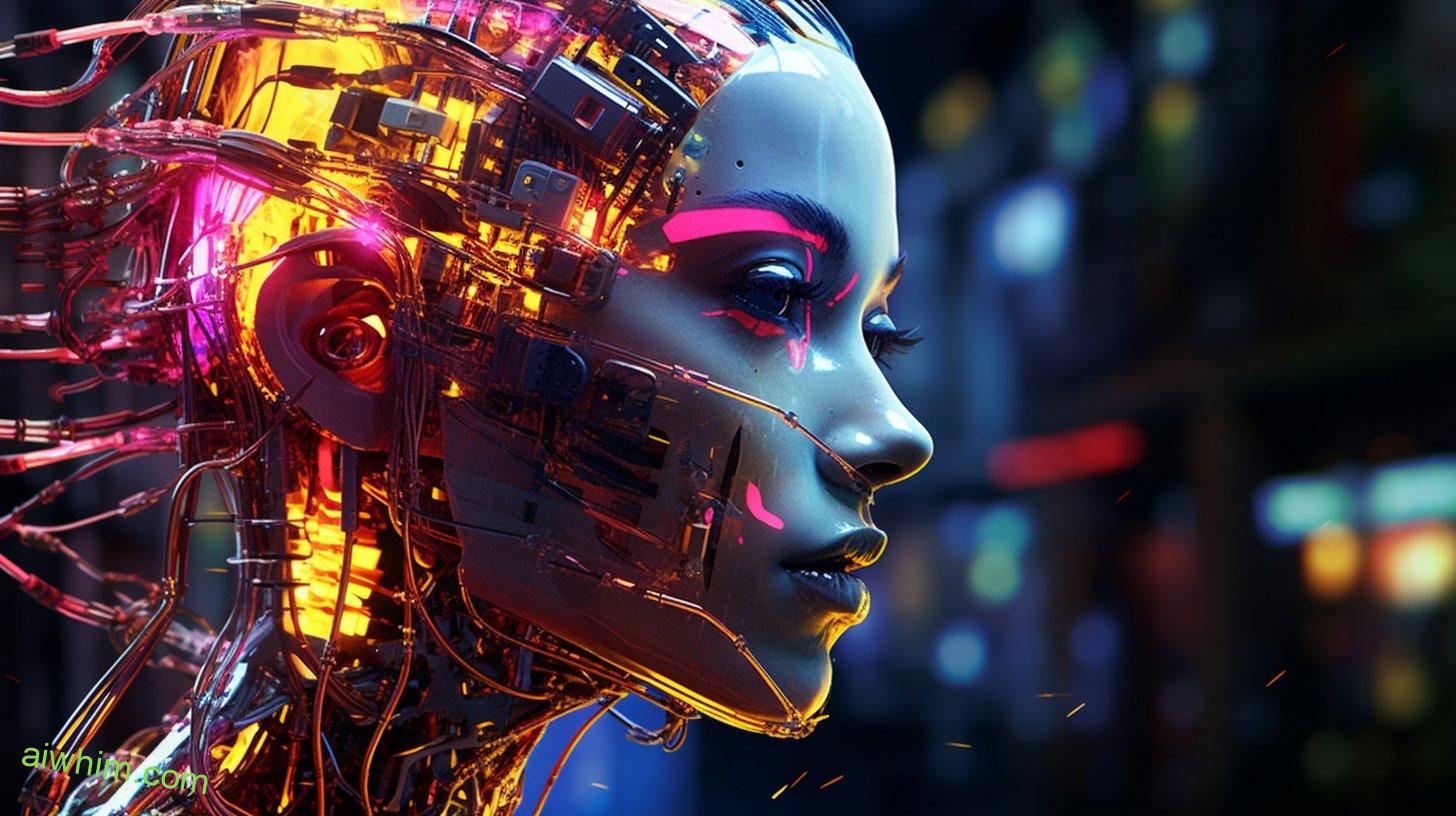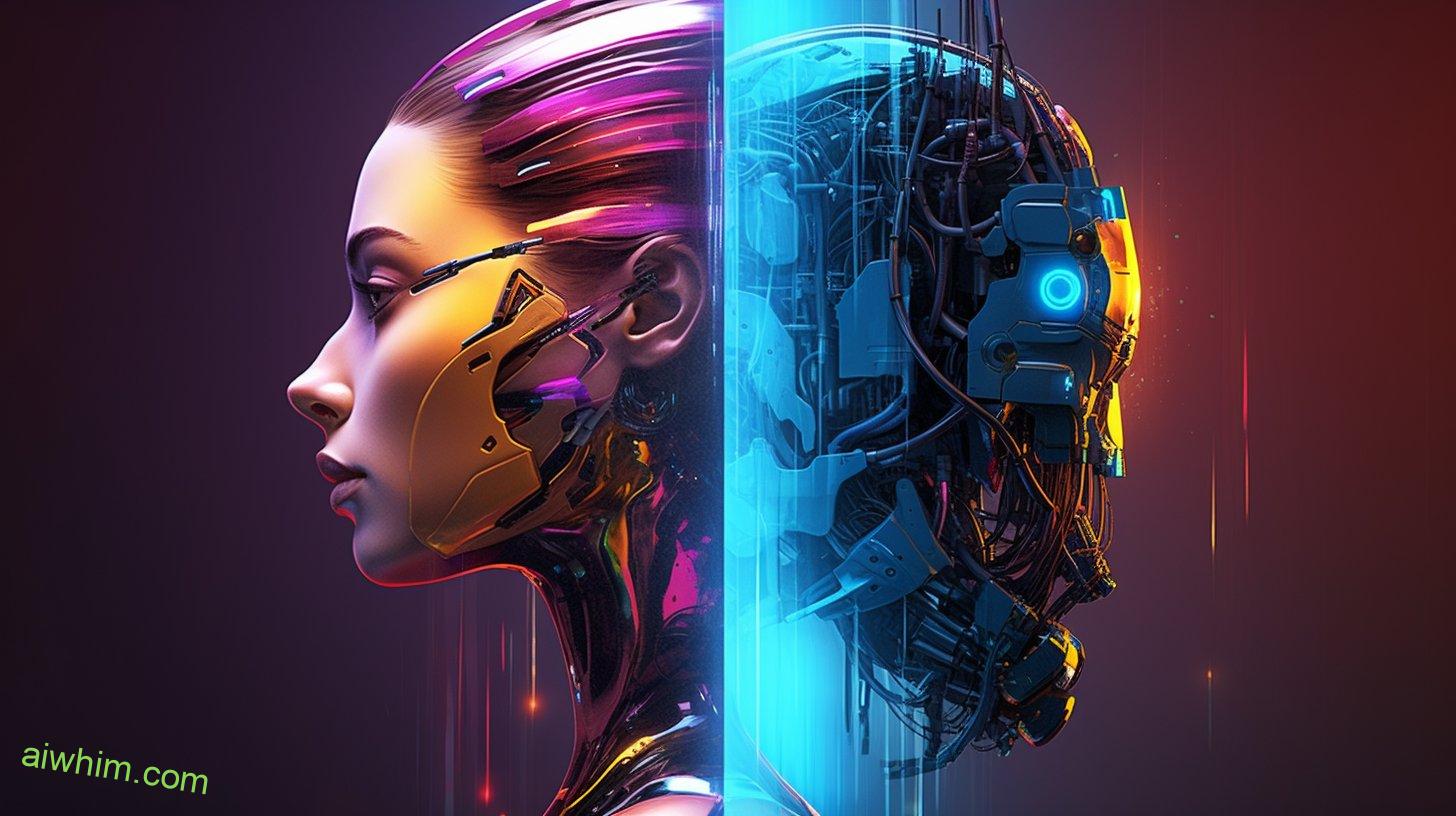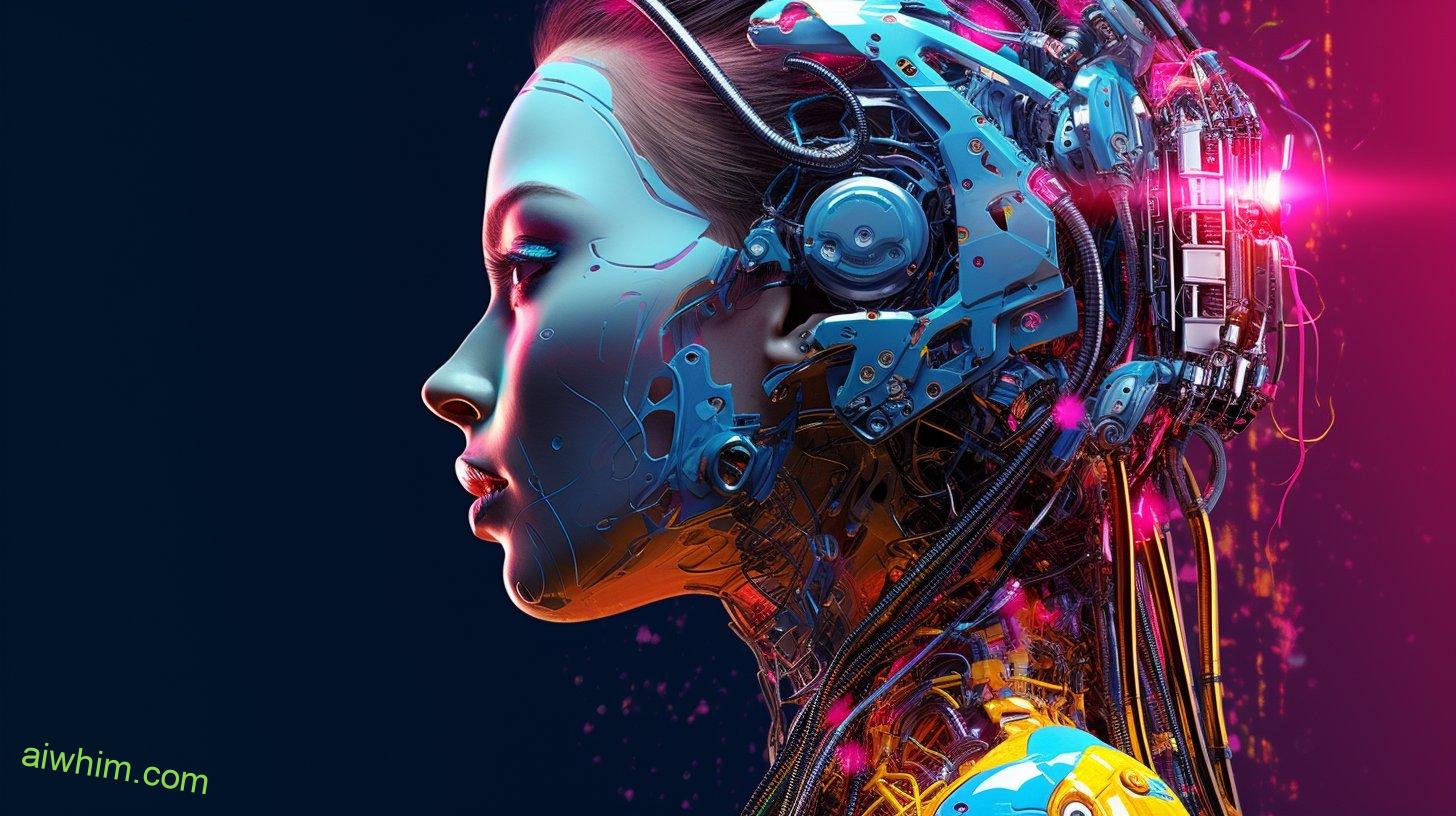Are you a stock trader? If so, it may seem like the job of your dreams: you get to work with money and make decisions that can have huge impacts on both your own life and the lives of others. But what if all that could be taken away from you in an instant by Artificial Intelligence (AI)? Is there a risk that this technology might one day replace you as a stock trader? In this article, we will explore whether or not AI is a real threat to the traditional stock trading profession. We’ll look at how advanced these technologies are becoming, how they’re already being used by some traders, and why many experts believe they could eventually take over completely. So sit back, relax, and let’s delve into the world of AI and its potential effects on the future of stock trading!
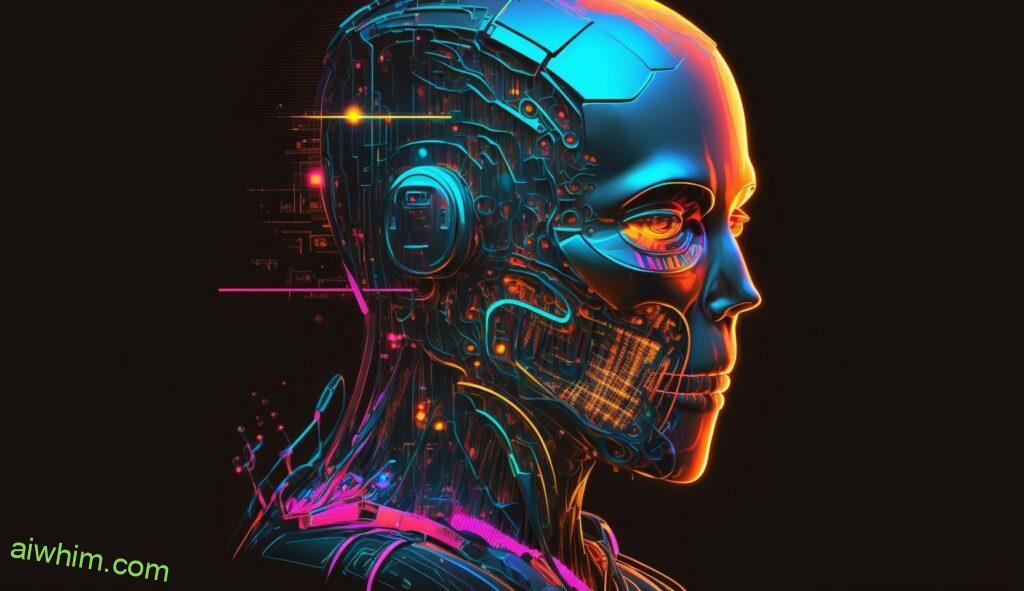
Before we jump into it, explore our study to see if stock traders are ranked among the 100 occupations most susceptible to AI replacement! (Click to the link to read.)
Definition Of Stock Trading
Stock trading is an integral part of the world’s financial markets, with around $68.3 trillion in daily volume worldwide. It refers to the buying and selling of securities such as stocks, bonds, or mutual funds on a public market exchange or over-the-counter (OTC) through a broker for investment purposes. The stock market provides opportunities for investors to purchase ownership shares in companies, thus allowing them to benefit from any price appreciation or dividends paid out by those firms.
Traders buy and sell securities to capitalize on short-term gains which can be achieved through price swings in individual stocks, options, futures contracts, and other investments. Stock traders must have a good understanding of the markets they are involved in and develop strategies that maximize their profits while minimizing their risks. Traders must also keep abreast of news and events affecting their security and take into account factors like liquidity, volatility, fees associated with transactions, and more.
The stock market has become increasingly accessible due to advances in technology and online brokerage services making it easier than ever before for individuals to get involved in the stock trading game. Aspiring traders should understand how the markets work as well as familiarize themselves with different types of investing vehicles available so they can make informed decisions when it comes to selecting investments suitable for their goals and risk tolerance levels.
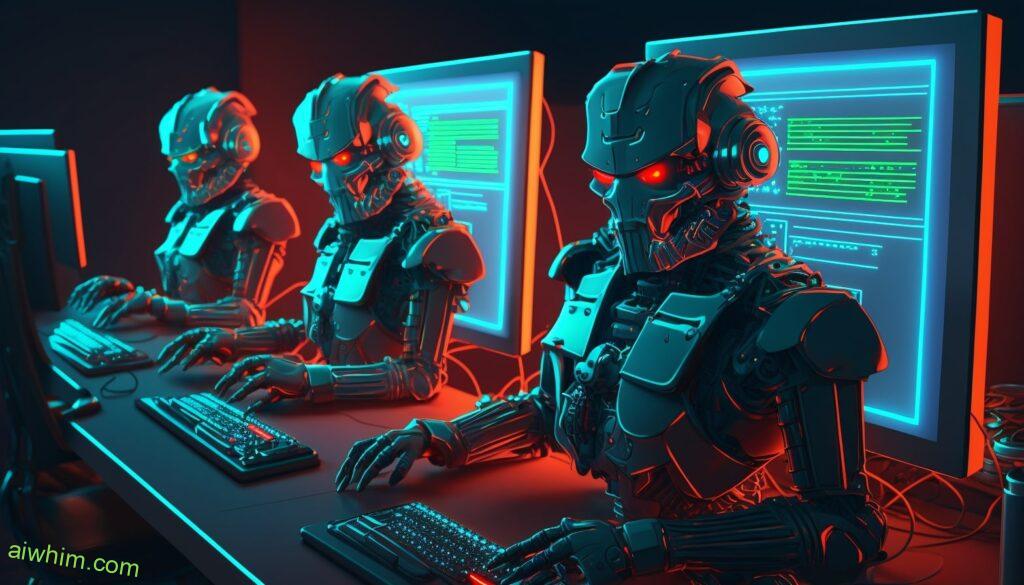
Pros And Cons Of AI In Stock Trading
The growing presence of artificial intelligence (AI) in the world of stock trading has caused a stir, and with good reason. AI could potentially revolutionize stock trading as we know it – but is this necessarily a good thing? To answer that question, let us look at the pros and cons of AI when it comes to stock trading.
On the plus side, AI can be used to process vast amounts of data quickly and accurately. This means traders don’t have to spend hours analyzing trends or predicting markets; they can instead trust an AI-based system to do much of the work for them. Moreover, robots are not prone to human error or panic selling due to emotional reactions. That said, there are some drawbacks associated with automated systems too. For one, algorithms lack creativity—they may miss out on potential opportunities if their parameters are set incorrectly. Furthermore, using AI requires investing money into expensive software development tools which may not even yield consistent results.
Overall then, while having access to powerful technology such as AI certainly has its advantages in terms of streamlining processes and providing reliable data analysis results, it also carries certain risks that should be carefully considered before making any decisions about integrating automation into your stock trading portfolio.
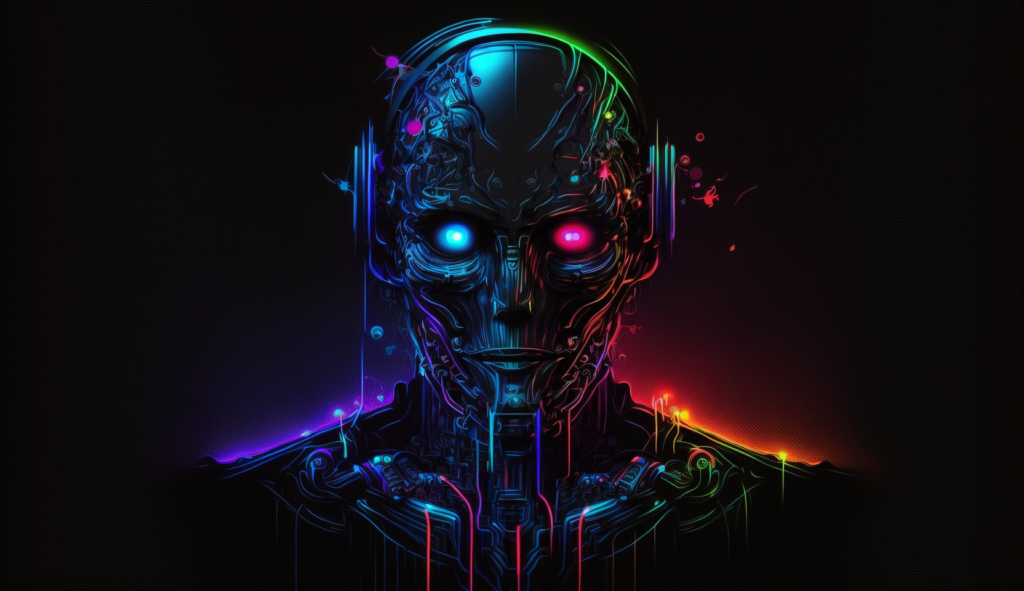
Current Artificial Intelligence Capabilities
Currently, artificial intelligence (AI) capabilities are advancing at a rapid rate. With the development of machine learning algorithms, AI can now be used to make stock predictions and analyze financial data with increasing accuracy. This raises the question: could such technology replace human traders in the future?
The answer could be yes, but it’s important to remember that machines are still far from being able to think as humans do. For example, they may not be able to understand complex relationships between different stocks or anticipate sudden market changes which require an intuitive response. Furthermore, computers cannot take into account social factors or political events when making decisions – something only a person can do.
Therefore, while AI-based tools have already made their mark on the trading industry and will continue developing over time, it seems unlikely that robots would ever fully replace human traders in the near future. That said, traders should stay informed about changing trends and use AI technologies for assistance where possible – this way they’ll remain competitive in a constantly evolving field.
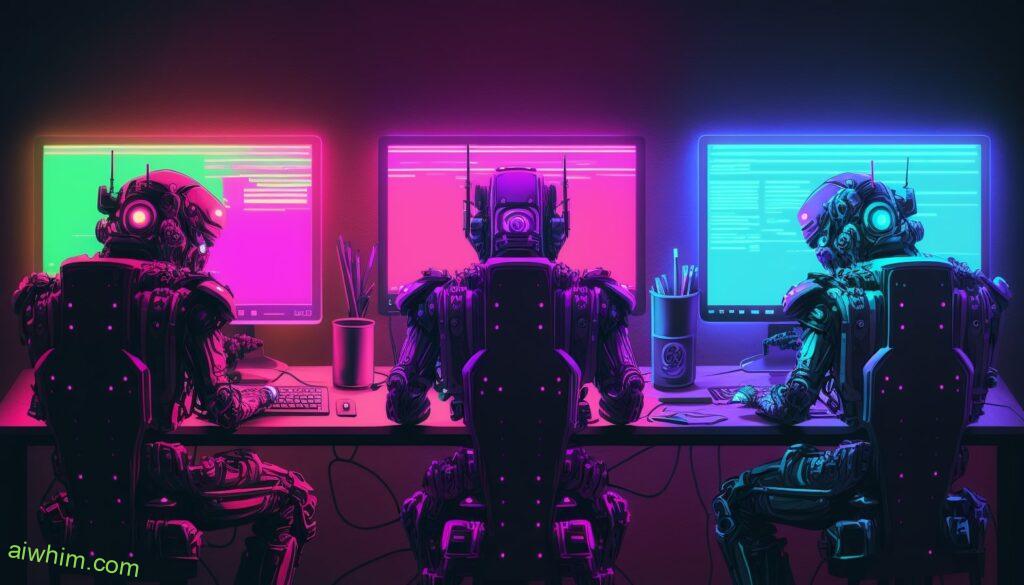
Potential For Automation In Stock Trading
It is possible that the financial sector, specifically stock trading, could be at risk of being replaced by artificial intelligence (AI). While there has been much speculation about this potentiality, it is important to explore what AI can and cannot do when discussing its role in stock market operations.
To begin with, AI can automate certain aspects of stock trading more efficiently than a human trader. This includes processing large amounts of data quickly for identifying buying or selling opportunities, recognizing patterns and trends based on past performance, executing trades faster than humans, and reducing overall operating costs associated with the process. Additionally, through machine learning algorithms that detect anomalous behavior in markets, AI systems can provide insights into how markets will behave before investors make decisions.
In terms of limitations though, AI is not yet fully capable of understanding complex emotional responses which may affect traders’ decision-making processes. Furthermore, as experienced traders often rely heavily on intuition and experience when making decisions, AI cannot replicate this level of sophistication without direct input from humans. Lastly, while automation has proven to reduce mistakes caused by human error in many cases due to its accuracy over time – AI models still require constant supervision and tuning to ensure they are working correctly within the context of their environment.
As such, while the use of AI in stock trading does hold promise for streamlining the process and providing valuable insights – it is difficult to predict whether or not it will completely replace traditional methods employed by human traders just yet. It appears likely however that both man and machine would need to work together going forward if either hopes to remain competitive in today’s ever-evolving financial markets.
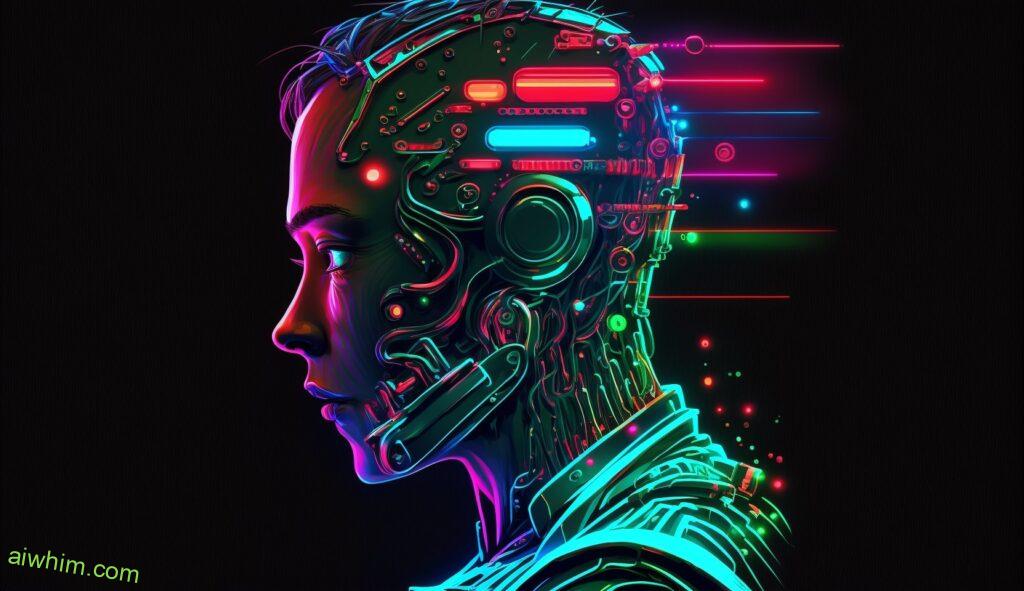
Challenges Of Replacing Human Trades With AI
The topic of ai-driven trading is one that has become increasingly popular over the years. As automation and machine learning have progressed, the potential to replace human traders with artificial intelligence (AI) has become more feasible. This idea raises several challenges in terms of financial markets, investment strategies, and safety protocols.
One of the primary issues when it comes to AI-driven trades is their ability to make decisions without any form of external input or guidance from humans. While this can be beneficial for efficiency purposes, there are certain risks associated with having machines making investments autonomously. For example, algorithms could potentially go against regulations due to errors in coding or lack of oversight. Furthermore, market volatility can lead to large losses if an AI system isn’t able to adjust quickly enough. Additionally, AI systems may not always recognize patterns correctly which could lead them into bad investments as well.
Overall, while replacing human traders with AI presents some advantages such as faster processing times and improved cost savings, there are still many challenges that need to be addressed before implementation can take place on a wide scale basis. It is important for investors and financial institutions alike to understand these risks so that they can properly prepare for any potential pitfalls associated with automated trading systems.
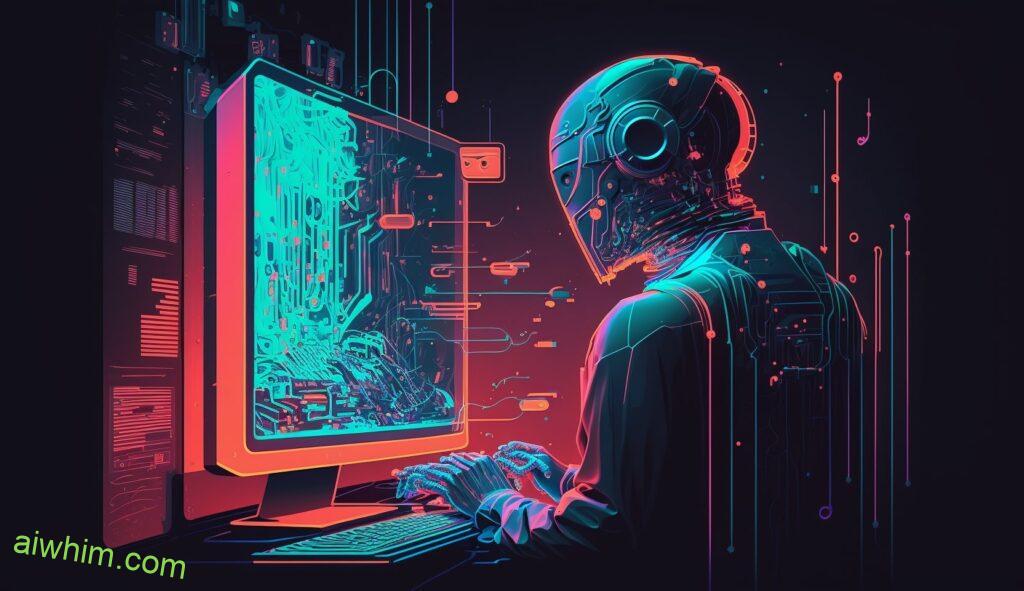
How Machine Learning Works In The Financial Industry
Like a hawk soaring through the air, machine learning is quickly gaining momentum in the financial industry. Automated trading has become increasingly popular as technology advances and more investors turn to AI-driven solutions for their portfolios. By utilizing algorithms that learn from data, machine learning can rapidly identify patterns and trends in stock prices and make decisions accordingly. This allows traders to react faster than ever before and capitalize on market opportunities with greater accuracy.
The use of machine learning in finance brings many advantages, such as increased speed, efficiency, accuracy and scalability. However, this doesn’t necessarily mean that traditional stock traders will be replaced by machines any time soon. Artificial intelligence cannot yet replicate human intuition or insight; it still requires people to process complex information, analyze markets and assess risk levels accurately. As such, jobs such as portfolio managers are likely to remain safe for now – although there may be a shift towards using AI-driven tools within these roles over time.
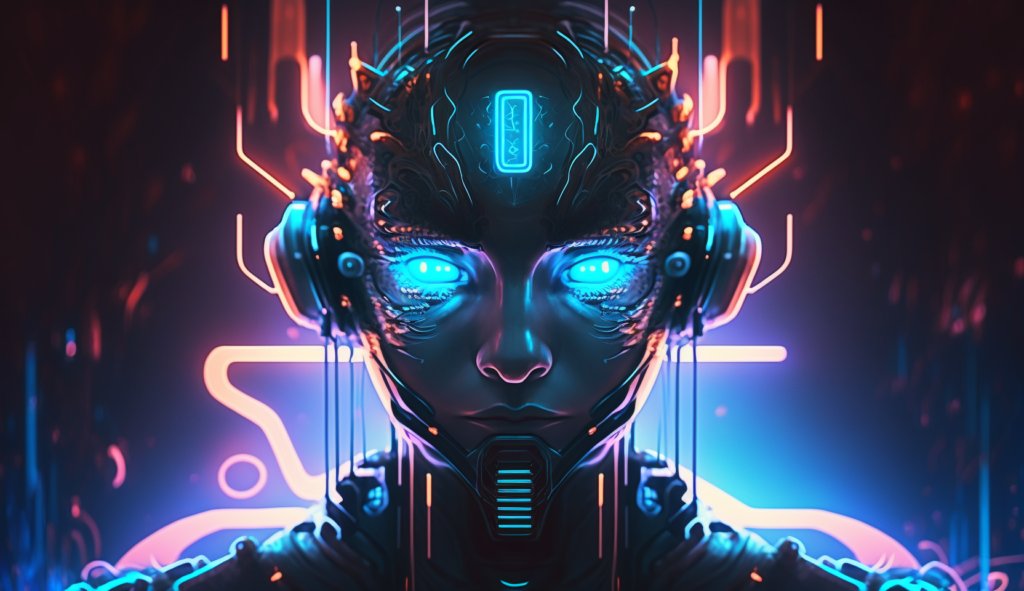
Advantages Of AI Over Human Trades
The potential of AI to take over the stock trading industry has some investors concerned. But while there are certainly risks associated with relying on automated systems, it’s important to also consider the advantages that come with using AI in this space. For starters, AI can quickly and accurately process large amounts of data beyond what any human trader is capable of. This gives them an edge when it comes to spotting trends and making decisions faster than a human could ever manage. Additionally, since AI doesn’t get tired or experience fatigue like humans do, they’re better equipped for long-term trades.
When comparing AI versus human traders, it’s important to note that machines lack the intuition and emotional intelligence required for successful stock trading. That said, if trained properly and given enough time to run their course with complete accuracy, AI technology may end up being more reliable than traditional methods used by human traders. Ultimately, only time will tell whether automation technologies replace people in the stock market entirely — but until then, both have their own unique set of advantages and disadvantages depending on how you use them.
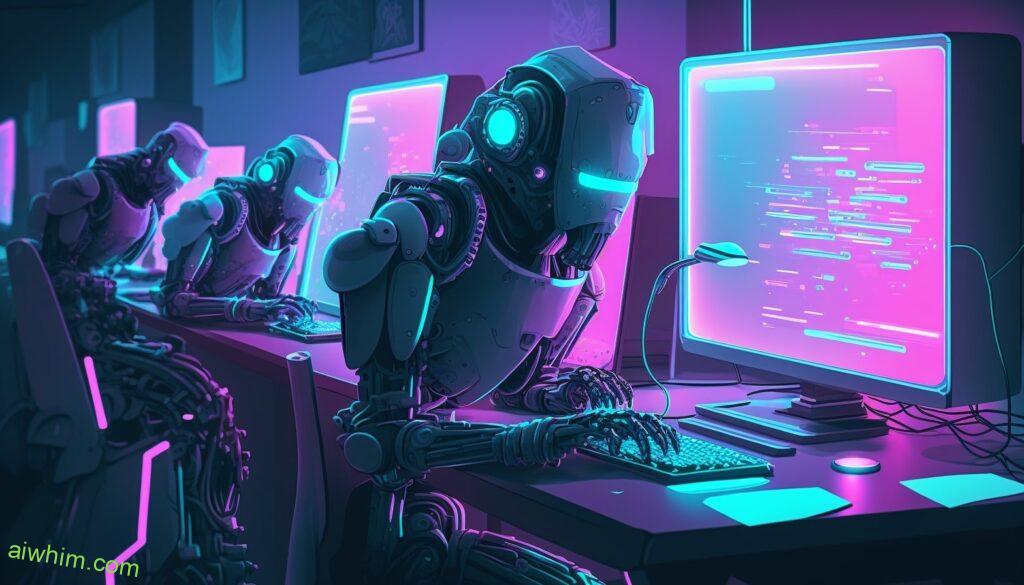
Risks Involved With AI-Driven Stock Trading
Recent research indicates that Artificial Intelligence (AI) has the potential to revolutionize stock trading. However, there are a number of risks involved in using AI-driven stock trading platforms:
- Regulatory Compliance: Companies must ensure their use of AI is compliant with applicable laws and regulations. This can be challenging as the legal landscape surrounding AI technology continues to evolve.
- Data Security & Privacy Concerns: Companies need to make sure customer data is secure from cyber threats and comply with any privacy policies set by regulators. They also need to protect against unauthorized access and misuse of sensitive customer information.
- Cost Implications: The cost of implementing an AI-driven stock trading platform may be high due to hardware, software, personnel, and other related costs associated with running such a system.
Clearly, companies should take into account these risks when considering investing in AI for their stock trading operations. It’s important for businesses to understand the implications of this technology on regulatory compliance, data security, and privacy before taking the plunge into automated stock trading. Additionally, they should evaluate both the long-term benefits and short-term costs associated with such an investment decision.
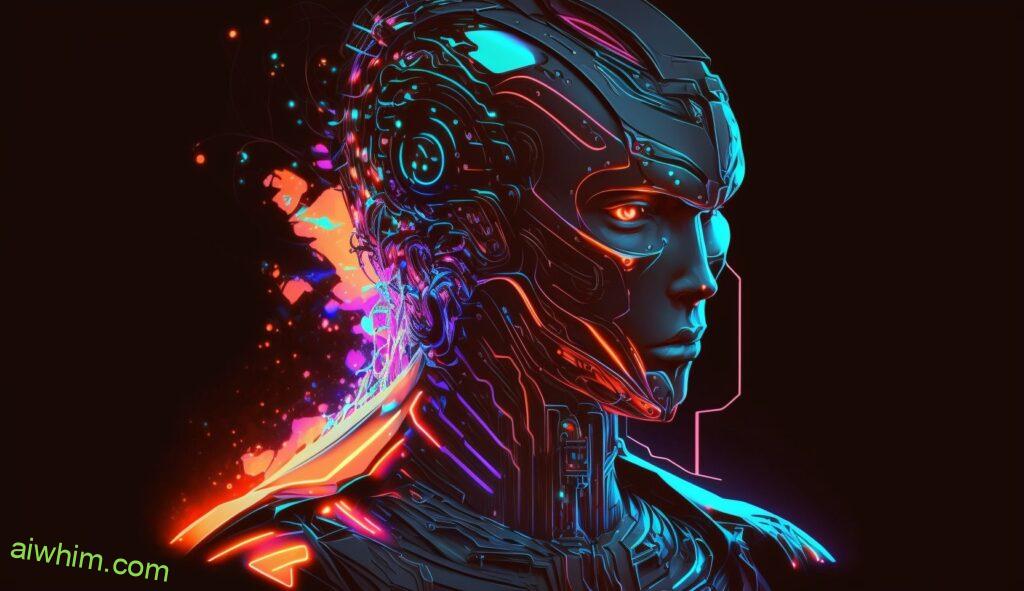
Role Of Traders In A Robotic World
Robotics and automated technology can take over some of the more mundane tasks associated with being a stock trader, such as data entry or market analysis. But they cannot replace the human elements involved in making decisions about investment portfolios. Stock traders need to possess qualities like creativity, intuition, sound judgement and knowledge of current events — things robots simply don’t have yet. Therefore, although automation may reduce the number of people employed as stock traders, those who remain are likely to have greater job security than ever before.
Stock trading still requires human intelligence combined with technical skills; something machines just can’t provide at this stage in their development. As technology continues to evolve, however, it is possible that even these roles could eventually become obsolete – if experts find ways for computers to replicate human cognition and decision-making ability. Until then though, humans retain certain advantages which allow them to stay ahead when it comes to stock trading success.
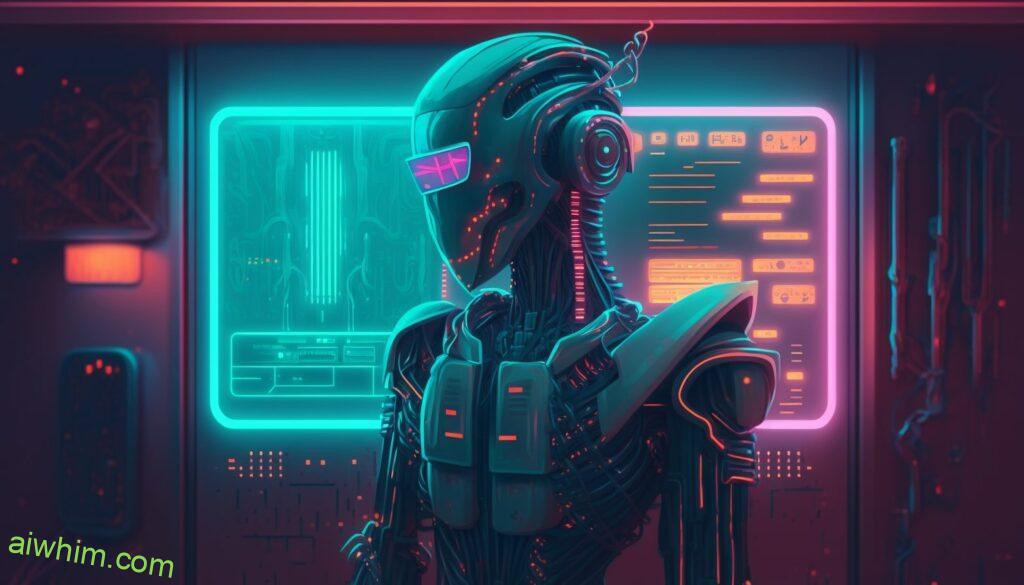
Regulatory Implications For Automated Trade Execution
As we consider the role of traders in a robotic world, it’s important to also examine the regulatory implications for automated trade execution.
One obvious area where regulation must be present is when discussing automated protocols. These electronic procedures are designed to oversee and monitor trade executions within the system itself; however, they require oversight by external entities. Without proper regulations in place, there is potential for algorithmic errors which can lead to losses or instability within markets due to high-frequency trading strategies being used without restrictions.
Regulators have already begun introducing new rules such as circuit breakers which limit market volatility during large swings in price movements. Additionally, greater transparency into algorithms used in automated trading platforms will help provide better accountability for those involved with executing them. By ensuring certain standards are met through increased regulatory oversight, investors can rest assured their investments are safe from systemic risks posed by advanced technology solutions like artificial intelligence (AI).
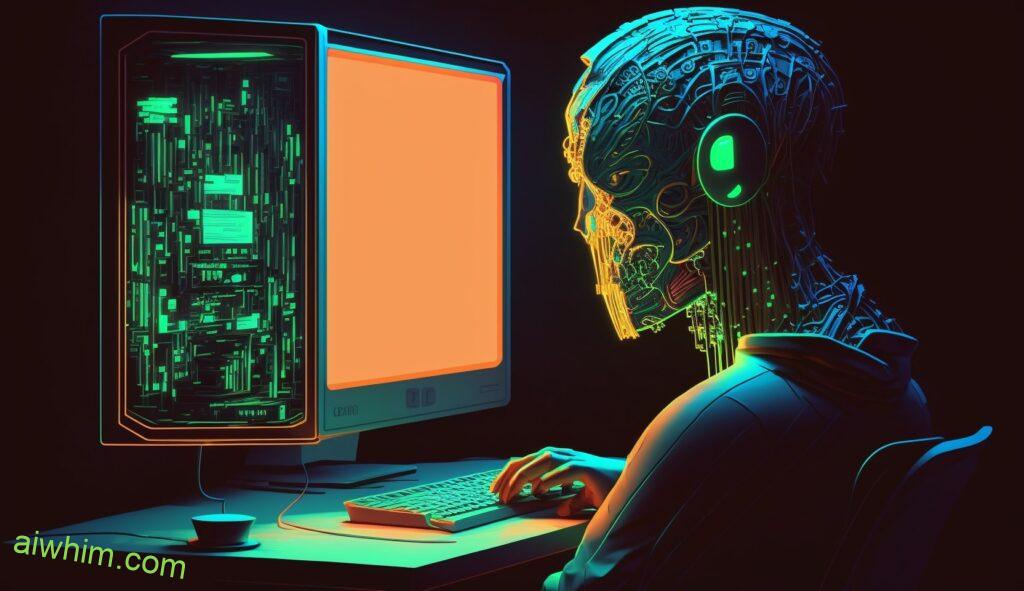
Impact On Investors And Brokers
The impact of AI on stock traders and brokers is a major concern for investors. As technology advances, the potential to be replaced by algorithms looms ever closer. With this in mind, here are three key impacts that AI has had on investors and brokers:
- Increased competition – The introduction of AI-driven trading platforms has led to increased competition among investors as well as between them and financial institutions. This means that investors must work harder to outperform their peers if they want to make money from their investments.
- Reduced costs – Thanks to the efficiency of algorithms, transaction fees have been reduced significantly for many investors. What used to cost hundreds or thousands of dollars can now be done with just a few clicks of a button at no extra charge!
- Improved accuracy – By relying on data-driven decisions instead of human intuition, AI offers improved accuracy when predicting market trends and making investment decisions. This can help reduce risk while boosting returns over time.
Overall, though there may be some disruptions in the short term as people adjust to new technologies, the long-term effects will likely be positive for both individual investors and institutional players alike. Ultimately, having access to more accurate information and lower transaction costs could lead to better investment opportunities and greater freedom for all involved parties in the world of finance.
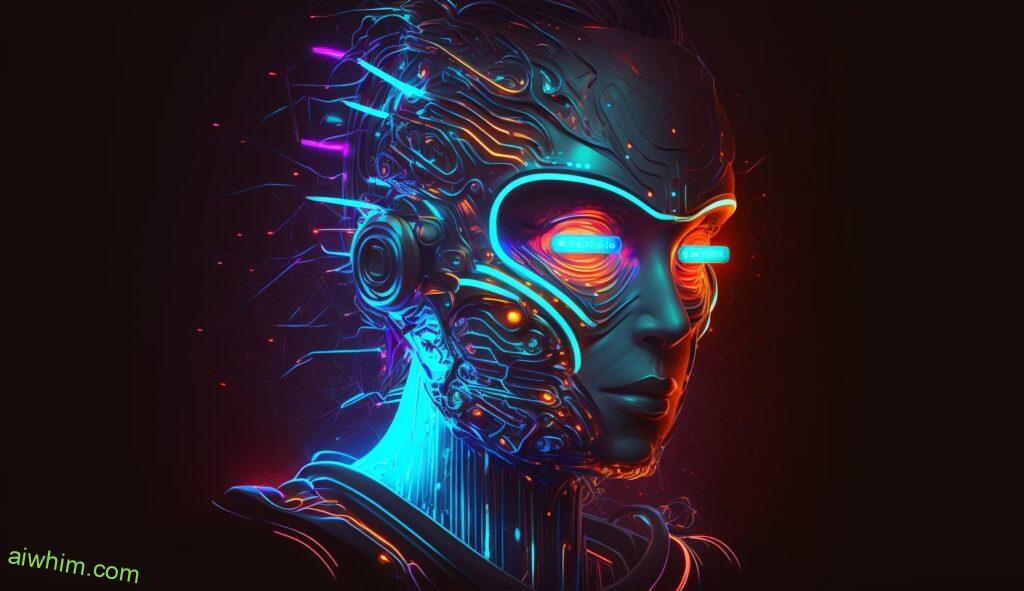
Benefits To The Financial Market Structure
The emergence of AI and algorithmic trading has revolutionized the financial market structure.
Despite this rapid uptake, many investors remain concerned about the potential loss of jobs as a result of increased automation. However, it’s important to note that AI isn’t going to replace humans completely – rather, it will work alongside them and free them from tedious and time-consuming tasks such as order routing, portfolio rebalancing and data analysis. In fact, for those who want to stay competitive in today’s fast-paced markets, leveraging robo-advisors and other forms of algorithmic trading can be hugely beneficial, allowing traders to make decisions more quickly with greater accuracy than ever before.
Furthermore, thanks to these advances within financial technology (FinTech), smaller firms have been given access to sophisticated tools which would otherwise have been beyond their means financially due to expensive licensing fees associated with traditional software solutions. As a result, competition amongst brokerages has grown exponentially leading to improved services delivered at lower costs – something that all investors should celebrate!

Ethical Considerations In Interpretability And Transparency
When considering the ethical implications of AI replacing human stock traders, interpretability and transparency are two key aspects to consider. Interpretability pertains to how well we understand why an AI system decided on a particular outcome. Transparency relates to whether or not its decisions can be traced back to their source. Moreover, it is important that stakeholders have access and insight into all stages of decision-making processes in order for them to make informed choices about the technology they use.
In terms of interpretability, there are several considerations:
- Is it clear what factors were used as inputs?
- How accurately did the model predict outcomes based on those inputs?
- Are detailed explanations provided when anomalies occur?
- Can users trust the results after examining these explanations?
- Does further analysis need to be done with external data sources before any decisions are made?
Regarding transparency, questions such as: who had control over the process; who has visibility into decision making; and which algorithms are being used must be answered. Without transparent communication between companies and end-users, any potential risks associated with using this technology will remain unknown. This could lead to serious consequences if something goes wrong and customers become victims of malicious attacks because of inadequate security protocols or lack of oversight from regulating bodies. It is therefore essential that providers ensure full disclosure when introducing AI applications and allow users to assess their own level of comfort in adopting them.
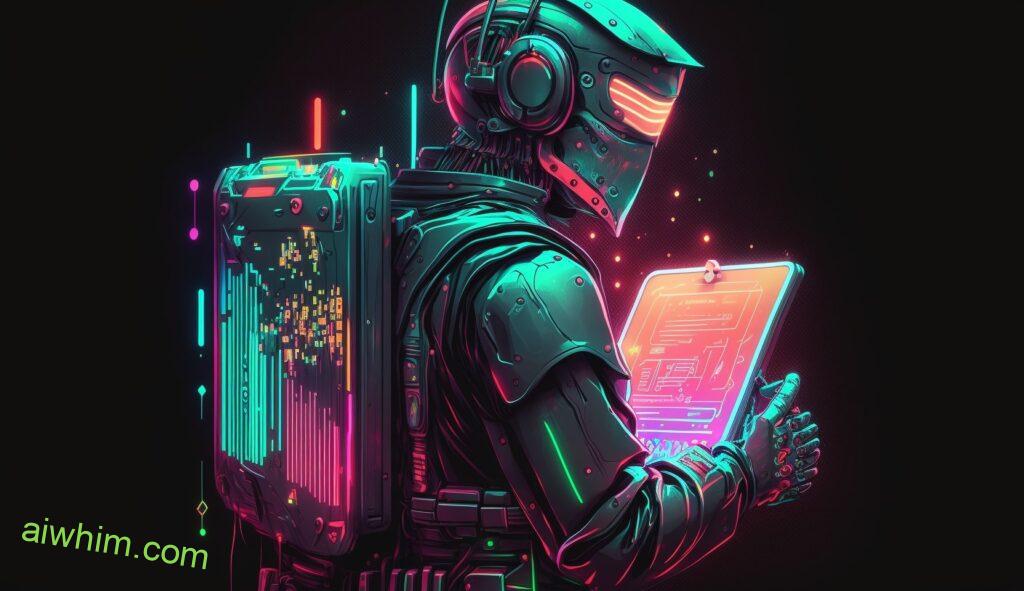
Integration Strategies For AI In The Financial Sector
As technology advances and becomes more integrated into the financial sector, questions arise as to how much of a role will be played by artificial intelligence (AI). The integration of AI in the stock market is becoming increasingly popular, with many companies now using robotic trading systems. But what strategies are needed for successful AI integration in the financial sector?
One key strategy is to develop an understanding of how best to use AI within existing algorithms and processes. This means that organizations need to have knowledge about how various forms of data can be used together effectively. Additionally, it’s important to create protocols which ensure safety and security when implementing new technologies such as AI. Moreover, these protocols should also consider potential risks associated with automated decision-making systems and other advanced AI applications.
Although there may be fears that jobs such as stock traders could one day be replaced by robots, this doesn’t necessarily have to be the case. In fact, integrating AI into existing markets provides an opportunity for greater efficiency through automation while still leaving room for human creativity and insight. Therefore, carefully planned strategies must be put in place if businesses wish to take advantage of all that AI has to offer without compromising job security or risking stability in the financial sector.
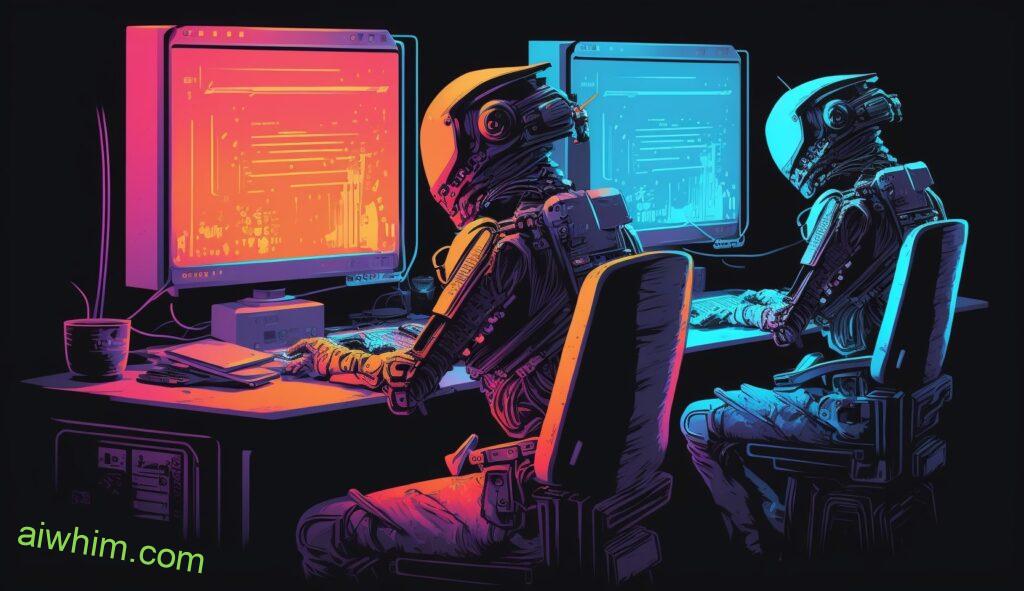
Future Predictions For AI-Driven Stock Trading
The future of AI-driven stock trading is one shrouded in mystery and potential. As more traders become comfortable utilizing automated trade execution, machine learning financial algorithms are becoming increasingly sophisticated. This could mean that the days of manual stock market analysis may soon be over as AI takes hold of the industry.
Below are four predictions for how ai-driven stock trading will reshape the industry:
- Automated systems will make it easier to identify profitable trades quickly
- Algorithms developed through machine learning will provide insights into complex markets
- The cost to access market data and execute trades will decrease significantly
- Human traders will still have an edge when it comes to recognizing patterns, leveraging intuition, and making decisions based on experience
Although there’s no doubt that AI has been transforming the way we trade stocks, there’s still room for human decision-making in this ever-changing landscape. By embracing both technology and their own unique capabilities, investors can ensure they remain competitive in the world of ai-driven stock trading. It’s important to remember that while machines can do many things well, humans still possess qualities that give them an advantage – such as creativity and innovativeness – which cannot be replaced by automation. With these tools at their disposal, savvy investors can gain the upper hand regardless of what direction the market moves in.
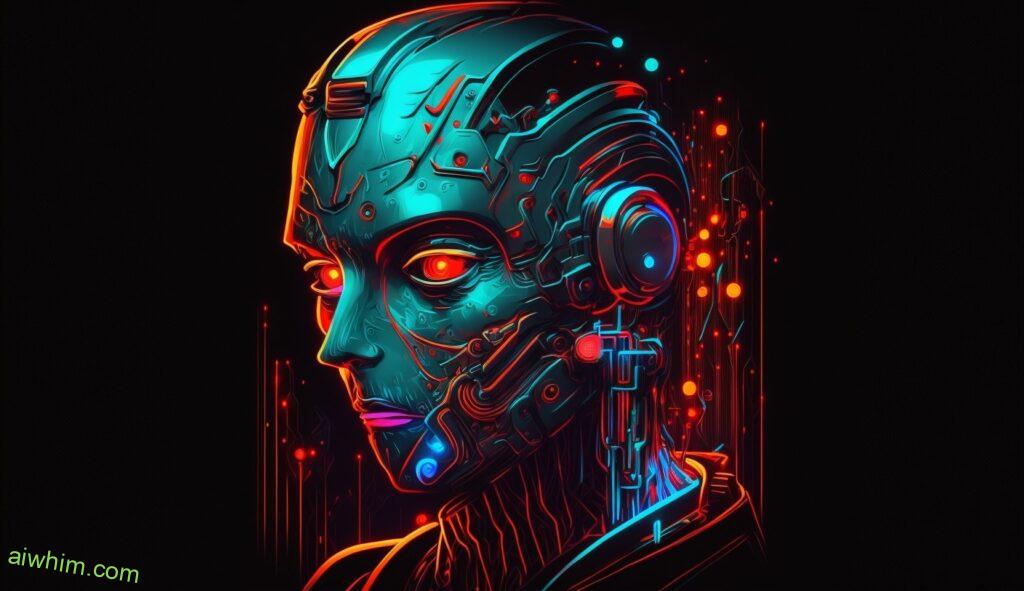
Conclusion
The potential for artificial intelligence (AI) to revolutionize the stock trading industry is real. There are a multitude of challenges that must be addressed before AI can completely replace human traders, such as interpretability and transparency considerations. And yet, with the right strategies in place, AI could offer tremendous benefits – from improved market structure to increased automation efficiency.
As we move forward into an age where AI increasingly takes center stage in financial markets, it’s important to keep these ethical concerns top-of-mind while developing solutions which benefit all stakeholders. I believe there will still be plenty of opportunities for skilled human traders who understand the nuances of their craft and have developed expertise over years of experience. The challenge lies in finding ways to better integrate this knowledge into AI systems so they can take advantage of existing capabilities without sacrificing accuracy or trustworthiness.
The future looks bright for smartly implemented AI technology in finance – but only if we approach its integration thoughtfully and responsibly. As investors, regulators, developers and everyone else involved strives towards this goal, there may come a day when your job as a stock trader is no longer necessary – replaced by intelligent machines capable of making decisions faster than any person ever could.
Author: Ole Paulson
Author Bio: I’m Ole and on this website, I share everything there is to know about Artificial Intelligence, and useful tips for using AI to our advantage. I have a background in data science and research and have been following the AI-space for years. You can read more about me in the “About” page.


